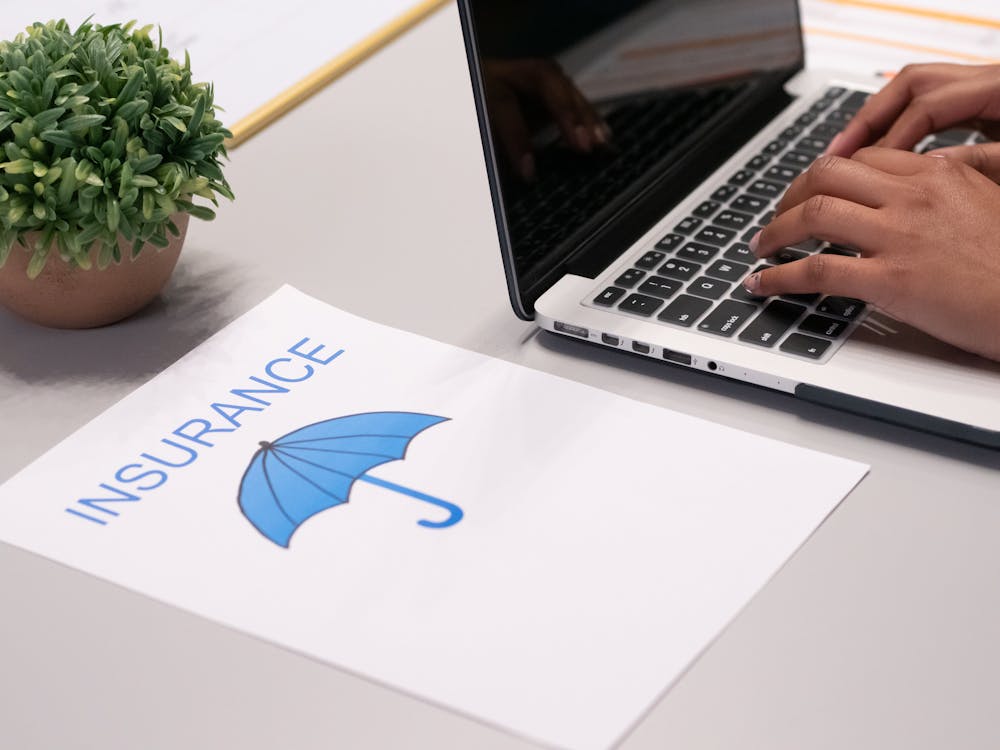As a business owner, you must ensure that you have the right insurance coverage. Even though some assume they do not need insurance, they might need more than they think. There are many different types of business insurance available, and each type has different coverage options.
Knowing what type of coverage is necessary for your business will help protect it from unexpected losses such as lawsuits or natural disasters. The following are some key features to look for before purchasing a business insurance policy:
Table of Contents
Try Considering an Insurance Provider Near You
As you search for a provider, it’s necessary to consider the proximity to your business. It can be a deciding factor in many cases as you’ll have direct access to your insurance agent and will be able to speak with them in person.
For example, if you live in Cincinnati, Ohio, and looking for insurance in Cincinnati, Ohio, look for a local agency that serves the greater Cincinnati area. It must include Hamilton County, Butler County, Warren County, Clermont County, Boone County, and Preble County.
For example, if you are looking for an insurance provider in Cincinnati, you can consider Wilson Insurance Group. They have experts located around the clock and a comprehensive portfolio of products. You can learn about Wilson Insurance Group online, through their website, or by referring to previously served client testimonials. They can provide you with the best coverage possible while keeping your premiums low.
If you have any specific questions about your policy or if changes need to be made, having an insurance provider nearby can make it easier for them to attend to these issues.
Property Insurance
Property insurance covers your business against property damage. You can purchase it for a specific period, such as one year or several years, as per your needs. Property insurance covers you against theft, vandalism, and other loss related to the property in your building and its contents.
For example, if someone breaks into your office and steals some of your equipment or valuable documents, this type of policy may be able to help pay for replacing them.
Property insurance is also known as “contents insurance” because it covers more than just the building itself. It also includes things like computers, furniture, and other items within the scope of what’s covered by the policy. Coverage limits are generally based on the amount per square foot for each floor level within a space rather than on individual items such as computers or printers.
Product Liability Insurance
Product liability insurance is designed to protect your business from lawsuits. This coverage can include the cost of defending your company in court and any judgments awarded against you if you’re found liable for injuries caused by a product defect. It also covers the court fee and legal fees associated with collecting a judgment against you.
Product liability insurance is one of the most important types of commercial coverage for any business. Product liability insurance is necessary to protect yourself from lawsuits if you sell products or provide services.
This insurance plan is especially vital for small businesses. It is because they generally have small working capital and cannot afford the expenses of lawsuits and compensations. Also, the cost of a product liability insurance plan is affordable for small businesses.
According to the news by Forbes, small manufacturing units need to pay an average amount of $1,146 per year ranging from $736 to $1854 for product liability insurance.
Workers Compensation Insurance
Workers’ compensation insurance is a form of insurance that covers medical costs and lost income for employees injured on the job. Workers’ compensation insurance is a state-based program that provides several benefits for workers who have suffered an injury or illness in the workplace.
You can purchase Workers’ compensation insurance from a private carrier, but your state’s department of labor also offers it. According to the Bureau of Labor and Statistics of the US, private companies reported around 2.6 million non-fatal injuries and illnesses at the workplace in the US. The figure shows how necessary it is for businesses to protect themselves from such compensations.
Workers comp insurance protects your business from paying out when an employee is hurt or injured, including occupational diseases such as mesothelioma and asbestosis.
Flood/Earthquake Insurance
Flood and earthquake insurance are separate policies. In many cases, you won’t need both of these covers.
Flood insurance is only available in certain areas, and not all homeowners purchase it because they either don’t live in the flooding-prone area or don’t want the additional cost. However, if you live in an area with a high risk for flooding, then it’s necessary to have this type of policy. Then, if a flood occurs, your insurance company will protect your home and belongings.
Earthquake coverage is only available in certain areas. However, most homeowners opt for earthquake coverage even though their houses may not be near fault lines or typical seismic activity zones like California.
Even though earthquakes may not be common where you live, it’s always good practice to prepare yourself for the unexpected. But after knowing the post-earthquake effects, only 10% of residents of California have earthquake insurance, as per news from Insider.
Product Recall Insurance
Product recall insurance is necessary if your company is responsible for manufacturing or selling products that threaten the public. Product recall insurance can be included in general commercial or product liability insurance. It covers the costs associated with recalling and replacing products when they are found to have any kind of safety defect.
This coverage helps protect you from financial loss due to product defects. Product defects can happen due to several reasons like defective design, poor manufacturing, quality control issues, and even human error.
Professional Liability Insurance
Professional liability insurance is essential for any business owner’s arsenal because it protects against lawsuits. If you’re a professional and have a professional license, and someone files a lawsuit against you claiming that your services caused them harm, this type of insurance will protect you and your business.
Professional liability insurance covers any damages awarded by the court and the legal fees for defending your case. For example, suppose someone sues you for damages relating to their physical injuries or property damage from something related to your work. In that case, your insurance can cover the cost of defending yourself under this policy.
It also protects against “defamation claims,” which are lawsuits filed against individuals who have damaged another party’s reputation through slander or libel online.
Key Person Insurance
Key Person Insurance is a rider to your principal business insurance policy, and it covers you if a key employee leaves the company. This type of insurance is often called Key Person Insurance or Term Life Insurance.
A typical Key Person plan will pay out a sum equal to the annual salary of your best employee if they are killed in an accident or become ill. You can use it to incentivize them to stay with your company for longer by ensuring their financial security.
Key Person Insurance is also a tax write-off since it is an employee benefit. In addition, the insurance company will let you use the money to pay off a mortgage or other debt if your key employee dies.
According to Insurance Information Institute, key person insurance protects you from this loss exposure by paying you around 40 to 70 percent of the key employee’s earned income. But even after such great benefits, the key person insurance is lesser known, and only 22% of businesses have this plan in the US.
Business Insurance is Critical to the Success of Your Business
You want to protect your company from financial loss as a business owner. Business insurance can help you do just that.
Now that you know the importance of business insurance, it’s time to start shopping. It’s recommendable to go online and find some quotes from different providers. Then, compare them based on price, coverage, and service. By doing this research ahead of time, you’ll be able to make an informed decision when picking out a policy that will fit your needs perfectly.
















